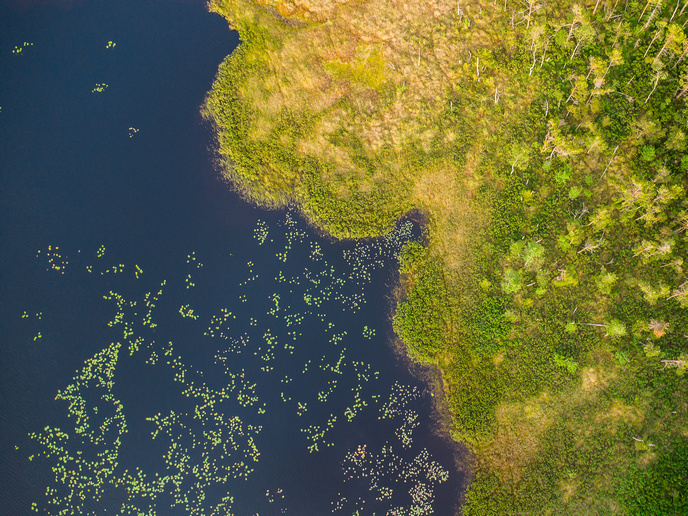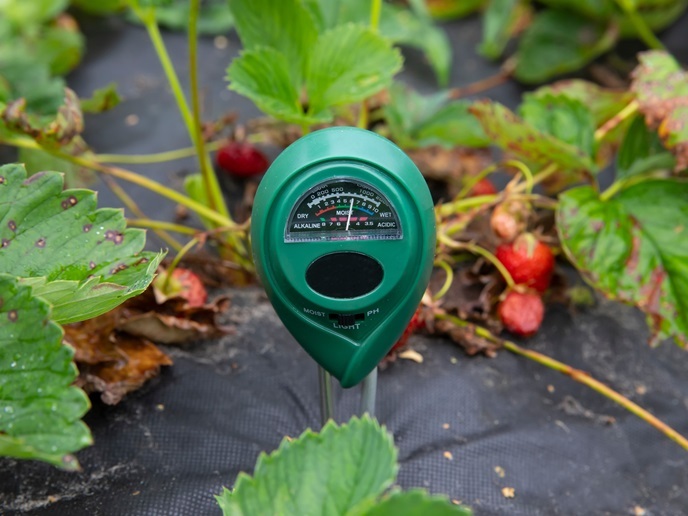Climate effects on ocean ecosystems
It is well understood by marine researchers that climate change will have a profound impact on ecosystems and species across the world's oceans. However, the ultimate outcome of these community- and species-level changes on a global level is not clear. The EU-funded CONPELHAB (Conserving pelagic habitats in changing environments: Marine top predators as bioindicators) initiative brought together Spanish, French, German and British researchers to find the effects of climate change using long-term data sets. The project studied long-term data series of marine species to find climate-induced changes. Researchers built species distribution models for several Atlantic and Indian Ocean predators. They used these models to map areas where human activity could influence species distribution and to find hotspots of predator activity. Another aspect of this research focused on a critically endangered bird, the Balearic shearwater (Puffinus mauretanicus). CONPELHAB found key conservation areas for this species by studying migration routes and habitat hotspots. The information generated by CONPELHAB will be useful for environmental managers and conservationists to better understand the relationship between climate, predators and prey distribution.







